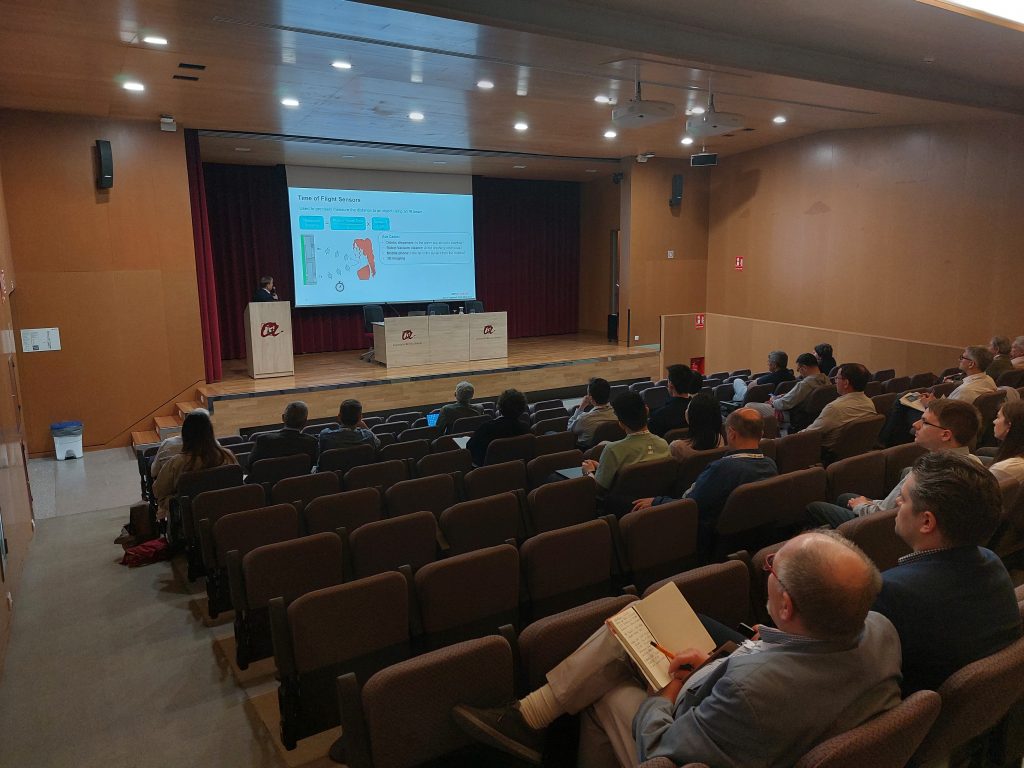10/05/2023
The URV hosts a leading international conference on nanoelectronics technology
Organised by the NEPHOS research group, the objective is to share advances to further increase the functionality and reduce the cost of semiconductor devices, such as chips

Organised by the NEPHOS research group, the objective is to share advances to further increase the functionality and reduce the cost of semiconductor devices, such as chips
From Wednesday to Friday, the Universitat Rovira i Virgili’s Campus Catalunya is the venue for the Eurosoi-Ulis 2023 Congress, one of the most important in Europe in terms of nanoelectronic technology. The meeting is organised by the research group NEPHOS (Nanoelectronic and Photonic Systems) of the URV’s Department of Electronic, Electrical and Automatic Engineering, and will be attended by about a hundred prestigious European researchers. The aim is to pool research to continue improving the functionality and reducing the cost of semiconductor devices, such as integrated circuits or chips. Semiconductor devices are the basis of modern electronics and computing.
“It is a congress on nanoelectronic semiconductor device technology, mostly crystalline, as is the case of silicon, which is the most widely used material. The focus is on fabrication, simulation, electrical characterization and the study of the physics of the devices, but not on circuit design”, explains Benjamín Iñiguez, member of NEPHOS and coordinator of the congress, who emphasizes the academic aspect: “The focus is not so much on immediate industrial applications, although some will also be discussed, but on research and the academic field. In this regard, it is very much designed for PhD students to give their first communications.”
Moore’s law states that the number of semiconductor electronic components in integrated circuits doubles every two years, and has governed the sector in recent decades. This has now been surpassed and the congress brings to the table the new scenarios (More Moore and More than Moore), in which new architectures and new applications are sought, such as sensors, biosensors, quantum computing devices, and neuromorphic computing devices.
Benjamín Iñiguez is pleased with “the high quality of the papers” and with the fact that his group was entrusted with the organisation of the congress, which is now in its ninth edition. “It gives us visibility and is a recognition of our work and of the years we have been doing it with good results. We are founding members of the European institution, the Sinano Institute,” explains Iñiguez. The congress, which began this Wednesday morning, will last until Friday afternoon and will feature around seventy contributions, including oral and poster presentations.
